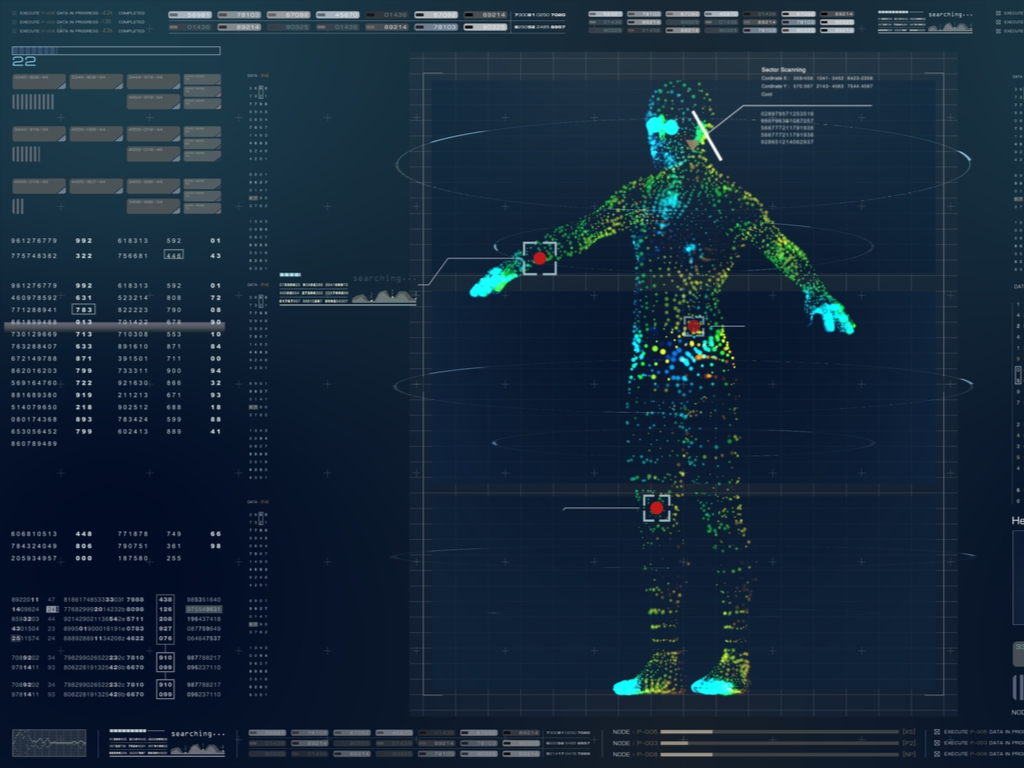Home > Insights > Market Research & Trend Analysis > Understanding Cognitive Decision Making in Healthcare
Understanding Cognitive Decision Making in Healthcare
June, 2020

Cognitive Decision Making is Affected by Several Variables
A clinician faces a difficult challenge in attempting to make diagnostic decisions. In many instances, the diagnosis is clear such as a sprain or a foreign body.
However, there is uncertainty when a clinician is presented with symptoms and must identify the root cause. A common challenge when making clinician diagnostics is the “Cognitive Disposition to Respond” (CDR).
What is Cognitive Disposition to Respond
CDRs are well-defined clinical reasoning phenomena defined as a mental state that affects the clinicians ability to make a decision. Some well-studied determinants that affect disposition are identified below and include things such as past experiences, fatigue, patient factors, team factors, affective state, ambient conditions and violation producing factors.
Flesh & Blood: The need to think on one’s feet and go with clinical intuition. This is often the case in the clinical setting where one has to respond in a fast-paced environment.
Casablanca: Bloodwork performed and events are allowed to mature/decline or otherwise present themselves.
Formal Work-up: First step may often require patient stabilization, which is followed by a more formal investigation.
By: Kiran Chin


